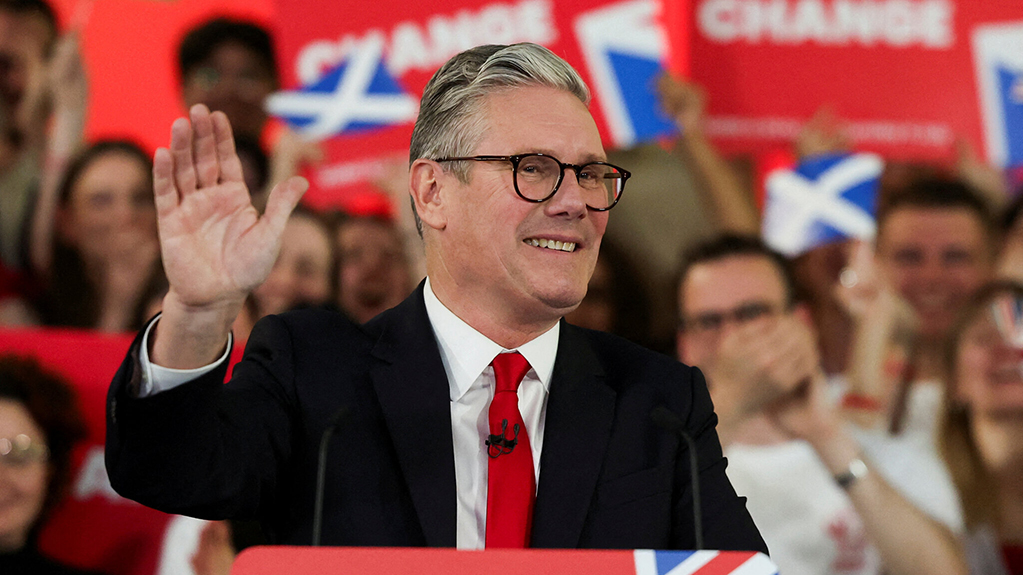In Great Britain, the opposition Labour Party has won the early parliamentary elections, securing an absolute majority with preliminary data indicating they have captured 412 out of 650 seats.
News
The Conservative Party, led by Prime Minister Rishi Sunak, had its worst showing since the turn of the 20th century, winning just 121 seats. This marks the end of 14 years of Conservative rule. Labour leader Keir Starmer will be the new prime minister.
"We did it. Change begins now ... We said we would end the chaos, and we will, we said we would turn the page, and we have. Today, we start the next chapter, begin the work of change, the mission of national renewal and start to rebuild our country," Starmer said after the victory.
Counting of votes in almost all constituencies has already been completed. Based on preliminary results, 71 seats were won by the Liberal Democrats, 9 seats by the Scottish National Party, 7 seats by the Republican Party of Ireland, and 28 seats by other parties.
Rishi Sunak made the decision to call early parliamentary elections a month and a half ago. Polls in recent years had shown the ruling party lagging behind the opposition, citing worsening economic conditions and falling living standards, despite having a majority in parliament. The next parliamentary elections were scheduled to be held in January 2025.















